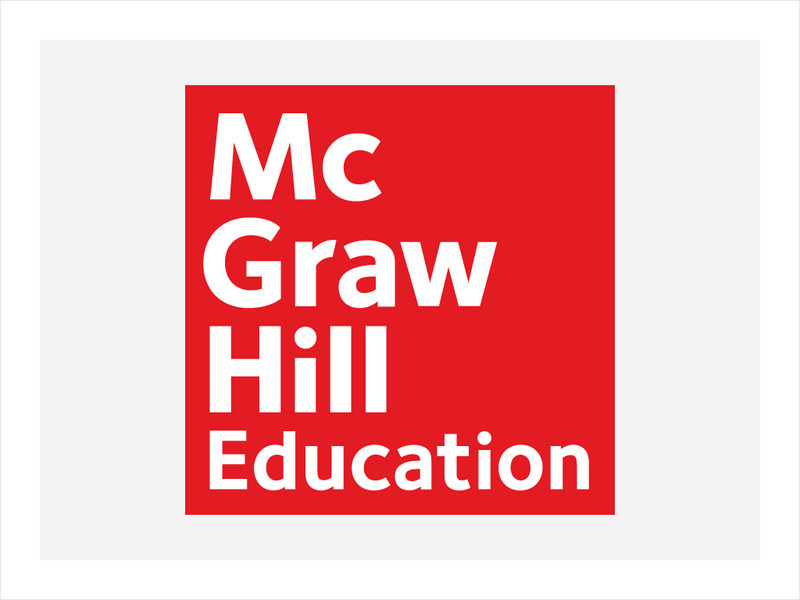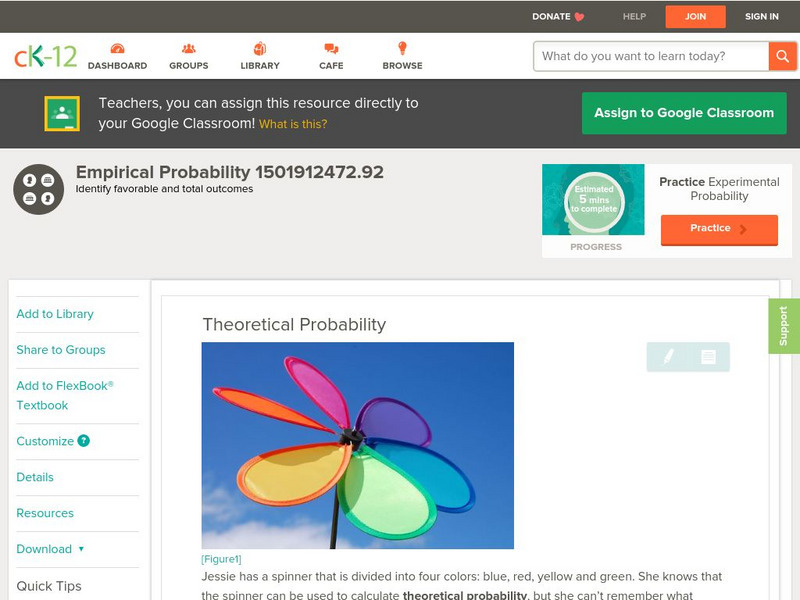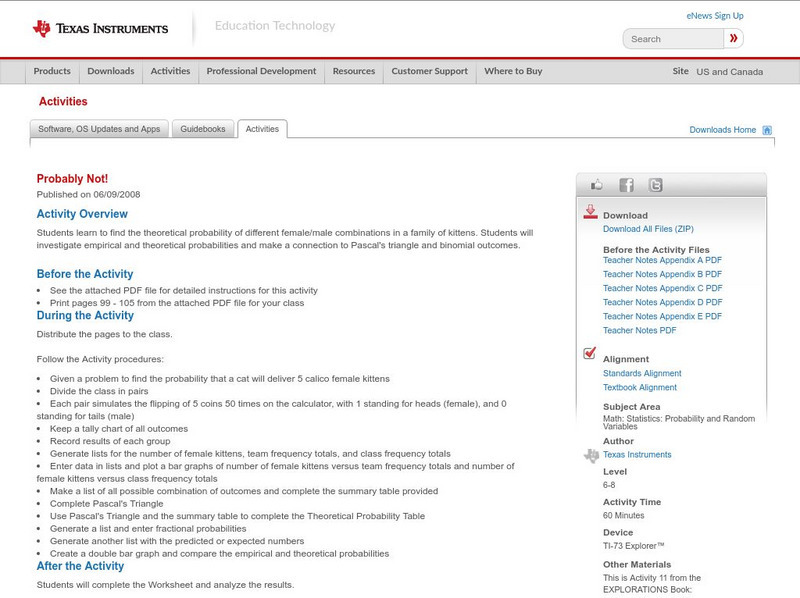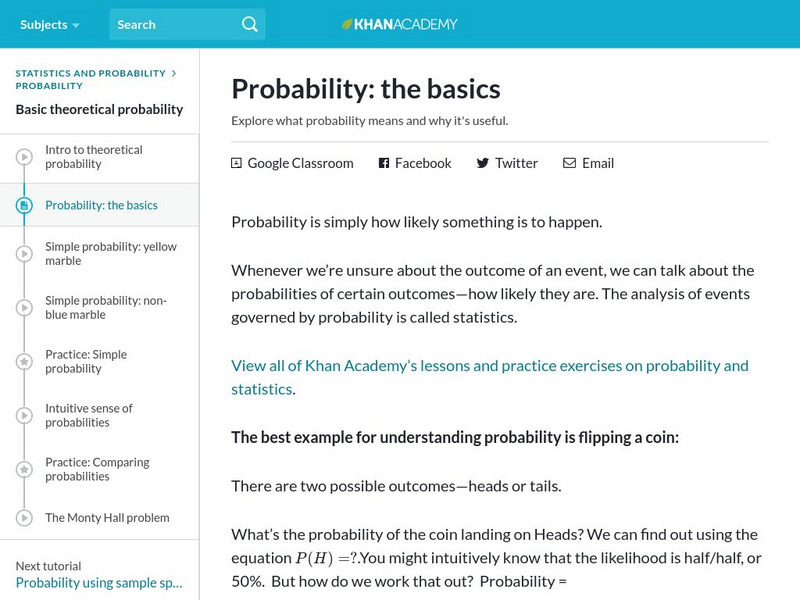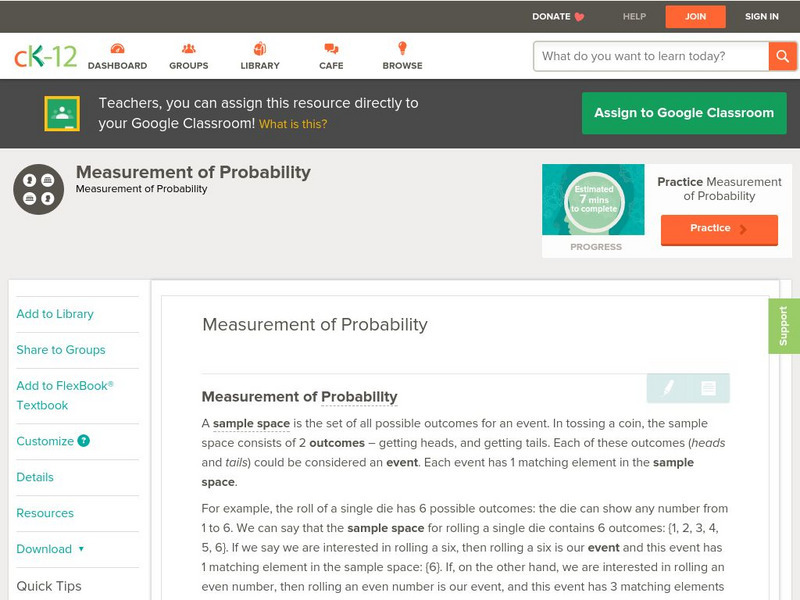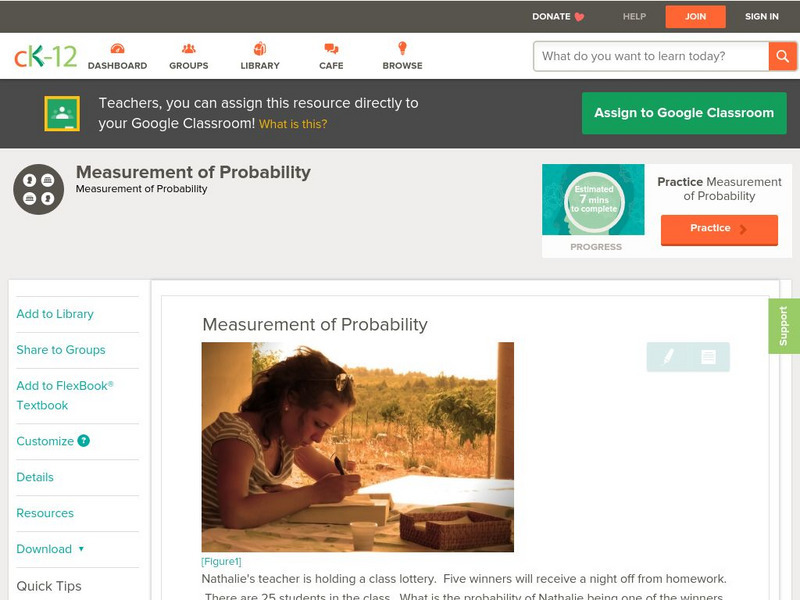Hi, what do you want to do?
Curated OER
Chill Out
Students investigate Newton’s Law of Cooling. In this Algebra II/ Pre-Calculus lesson, students explore exponential regression as they conduct an experiment to simulate the temperature variations that occur as a liquid cools. ...
Curated OER
Niels Bohr
In this online interactive history worksheet, students respond to 9 short answer and essay questions about the achievements of Niels Bohr. Students may check some of their answers on the interactive worksheet.
Curated OER
Coin Shake-Up
Students discuss problem and take turns in pairs, one tossing the coins while the other guesses whether the coins land with the same side up or different sides up. They record the results of each guess as same or different.
Curated OER
Something Rotten in West Bloomfield!
Student groups seek a possible ecological problem in the West Bloomfield area then either photograph or videotape the problem. They investigate how to measure the extent of the problem and do it.
Curated OER
The Genetic Basis of Neurological Disorders
Young scholars describe some aspects of known genetic defects on the human neurological condition. They participate in a variety of exercises including drawings, games, and analogies.
McGraw Hill
Glencoe: Self Check Quizzes: Theoretical Probability
Use Glencoe's randomly generated self-checking quiz to test your knowledge of theoretical probability. Each question has a "Hint" link to help. Choose the correct answer for each problem. At the bottom of the page click the "Check It"...
Alabama Learning Exchange
Alex: Probability What Are the Odds?
This lesson introduces students to experimental and theoretical probability using spinners and trials with pennies. Students also research careers that involve probability, and create a video presentation. It provides an assessment and...
McGraw Hill
Glencoe: Self Check Quizzes 2 Theoretical and Experimental Probability
Use Glencoe's Math Course 2 randomly generated self-checking quiz to test your knowledge of Theoretical and Experimental Probability. Each question has a "Hint" link to help. Choose the correct answer for each problem. At the bottom of...
Shodor Education Foundation
Shodor Interactivate: From Probability to Combinatorics and Number Theory
Apply division to determine the probability of outcomes with a racing game.
Houghton Mifflin Harcourt
Holt, Rinehart and Winston: Homework Help Independent Practice: Theoretical Probability
Get independent practice working with theoretical probability. Each incorrect response gets a text box explanation and another try. Correct responses are confirmed.
Texas Instruments
Texas Instruments: You're Probably Right, It's Wrong
In this activity, students perform a simulation to guess answers on a test and determine the experimental probability of passing the test. They then compare it with the theoretical probability.
CK-12 Foundation
Ck 12: Probability: Empirical Probability Grade 8
[Free Registration/Login may be required to access all resource tools.] Define and calculate theoretical probability.
Khan Academy
Khan Academy: Theoretical and Experimental Probability: Coin Flips and Die Rolls
A set of questions on experimental and theoretical probabilities using coins and dice. Answers are accompanied by explanations.
Khan Academy
Khan Academy: Probabilities in Genetics
Article reviews some probability basics then investigates how these calculations can be applied to genetics problems involving relatively large numbers of genes. Explores how the sum rule and the product rule can be used to solve these...
CK-12 Foundation
Ck 12 Probability of Compound Events: Overview
[Free Registration/Login may be required to access all resource tools.] Watch a short video to review probability of compound events.
CK-12 Foundation
Ck 12: Probabilities of Compound Events
[Free Registration/Login may be required to access all resource tools.] A detailed explanation of how to use tree diagrams and tables to find the probability of compound events. Also looks at dependent events. Includes example problems...
Texas Instruments
Texas Instruments: Probably Not!
Students learn to find the theoretical probability of different female/male combinations in a family of kittens. Students will investigate empirical and theoretical probabilities and make a connection to Pascal's triangle and binomial...
Oswego City School District
Regents Exam Prep Center: Theoretical Versus Empirical Probability
Use this site to learn the difference between theoretical and empirical probability. A practice page is included for each and two teacher resource pages contain classroom activities.
Shodor Education Foundation
Shodor Interactivate: Probability and Outcome Discussion
This site is a virtual discussion between a teacher and student about probability and outcome. The virtual teacher poses wonderful questions for the students to think about. The virtual students then respond to the inquiries.
Varsity Tutors
Varsity Tutors: Hotmath: Practice Problems: Probability
Twenty-three problems cover a variety of probability topics. They are given with each step to the solution cleverly revealed one at a time. You can work each step of the problem then click the "View Solution" button to check each step of...
Khan Academy
Khan Academy: Probability: The Basics
Provides an introduction to probability. Includes examples, two videos, and links to additional resources, e.g., exercises to try. There are also problems and discussions of them in the Comments section.
Texas Education Agency
Texas Gateway: Exploring Probability With Independent Events
Given a problem situation, students will use experimental data or theoretical probability to make predictions and determine solutions to situations involving independent events.
CK-12 Foundation
Ck 12: Probability: Measurement of Probability Grades 9 10
[Free Registration/Login may be required to access all resource tools.] Find the number of outcomes, theoretical probability, and odds of events involving coins, dice, and cards.
CK-12 Foundation
Ck 12: Probability: Measurement of Probability Grade 7
[Free Registration/Login may be required to access all resource tools.] Write and predict theoretical probability using fractions, decimals and percents.












